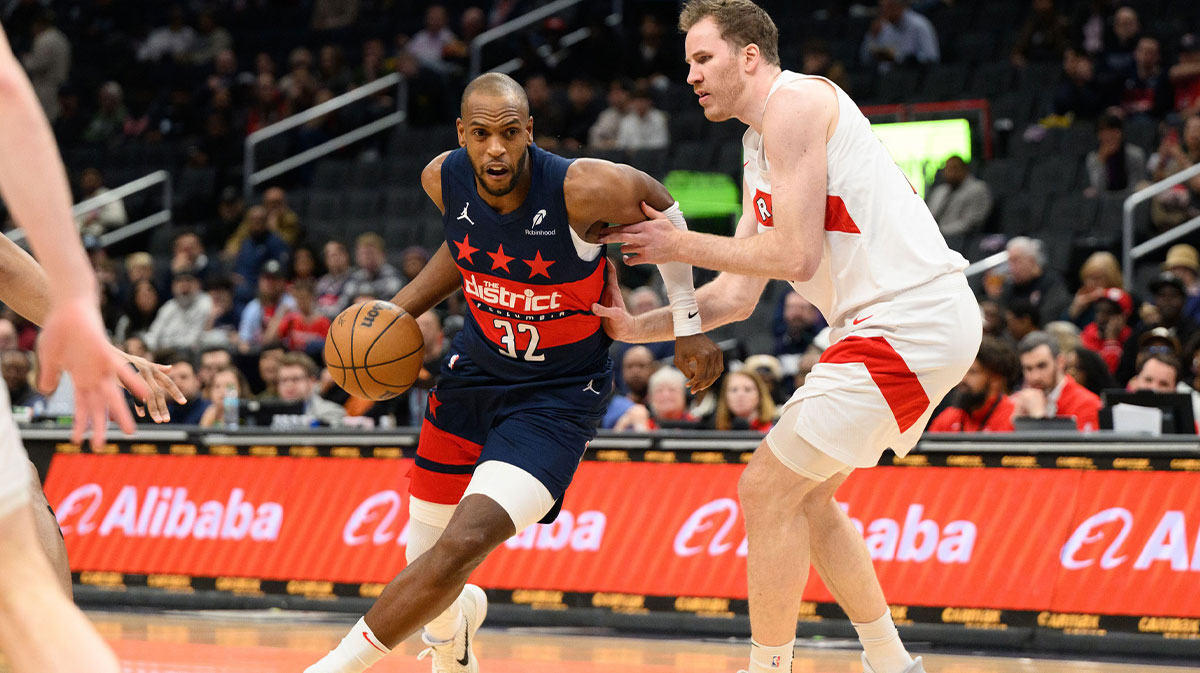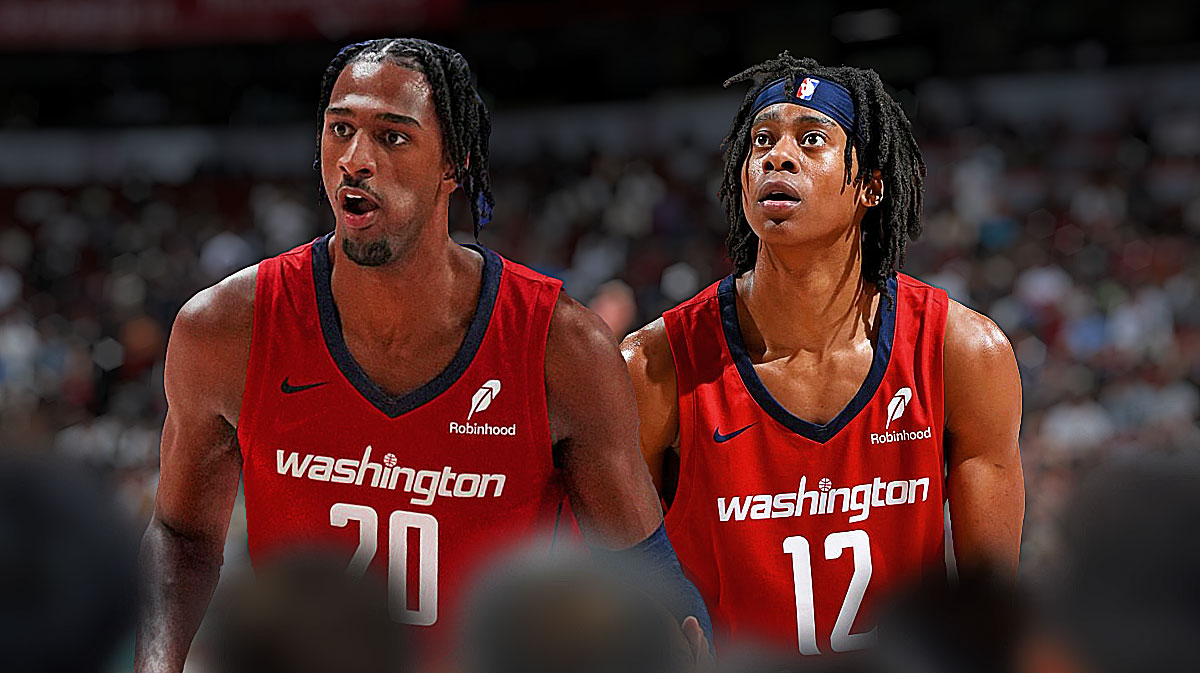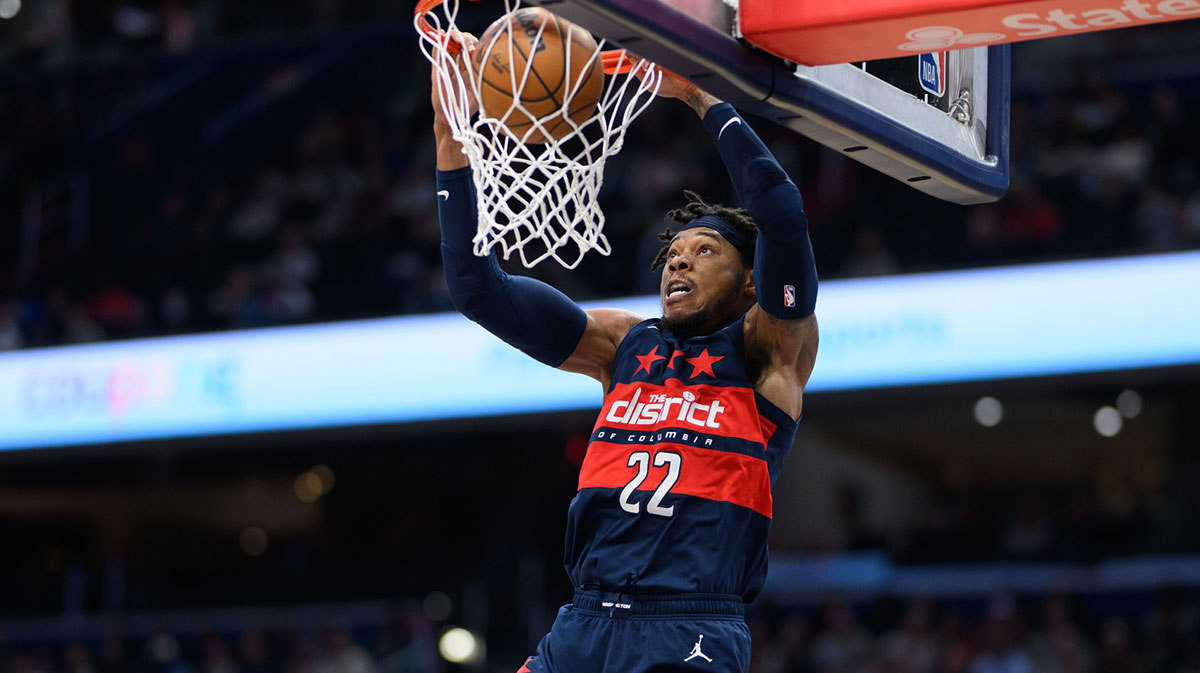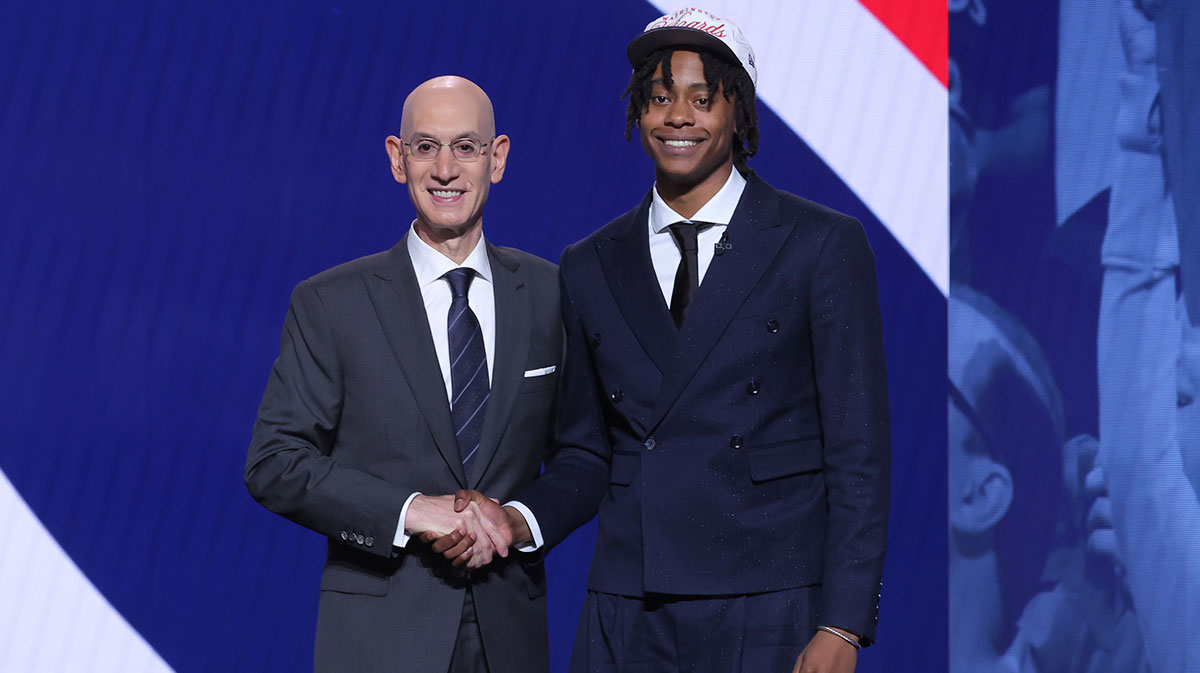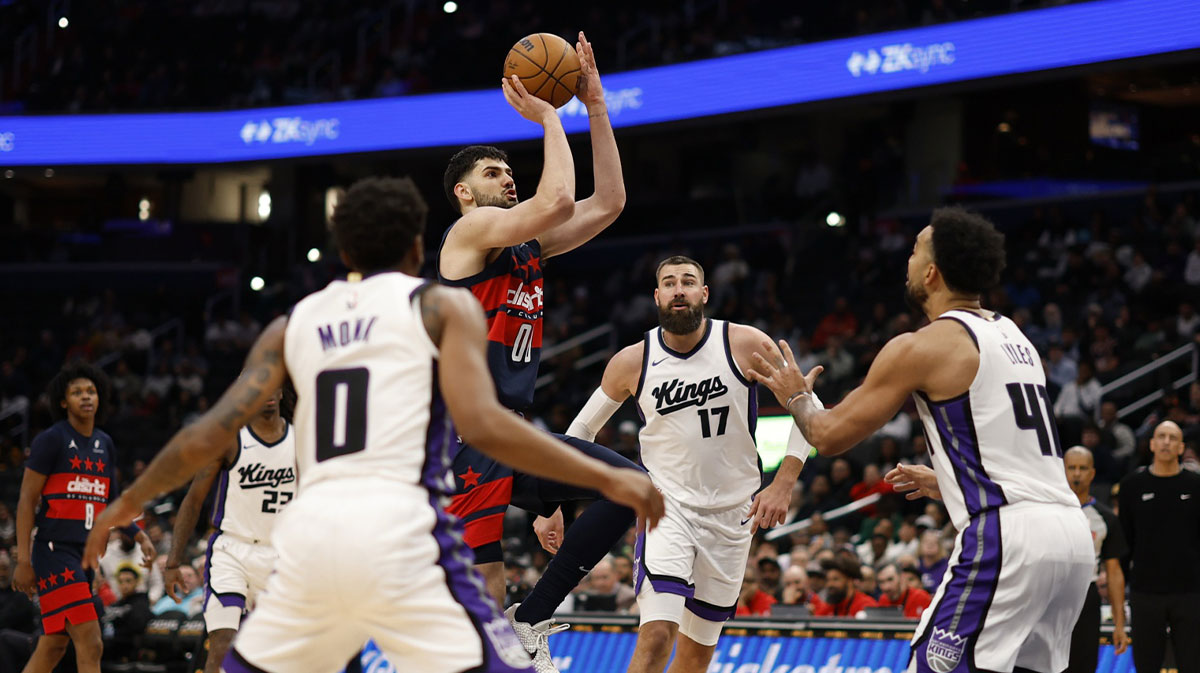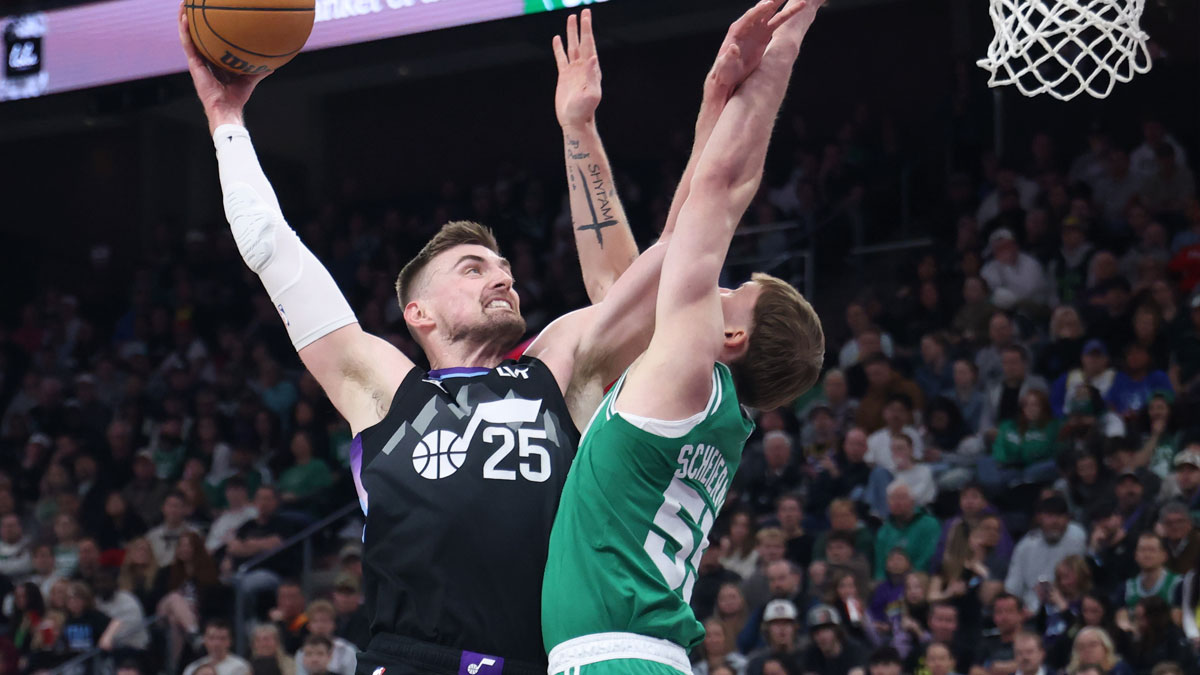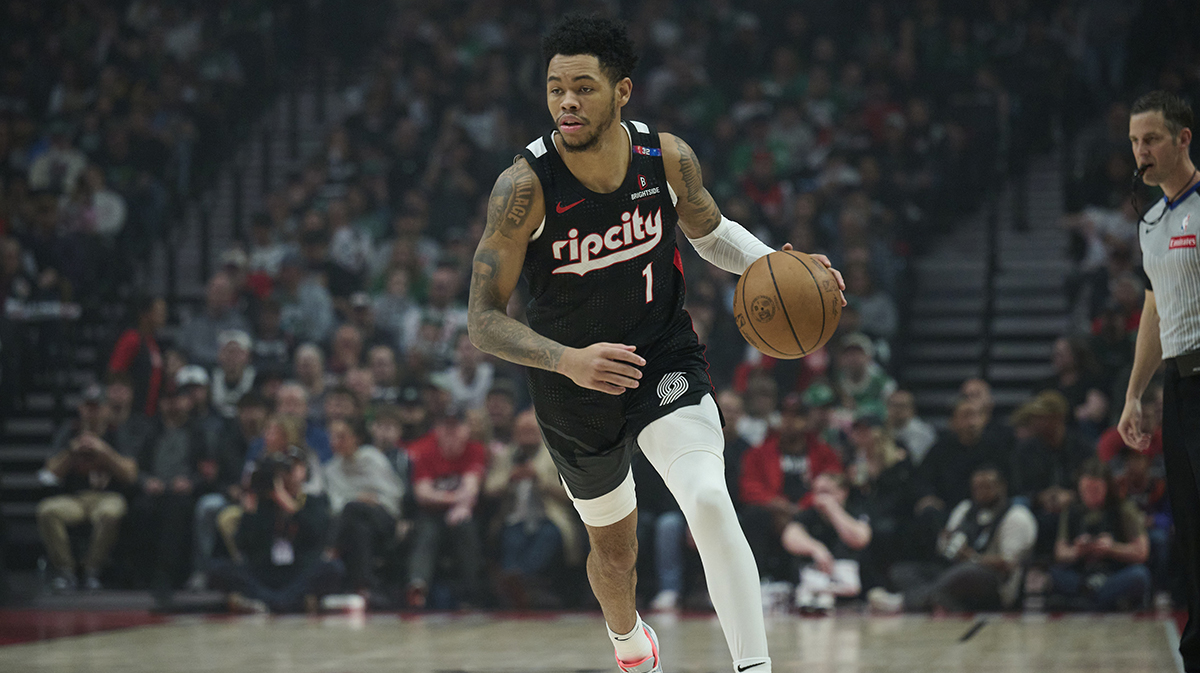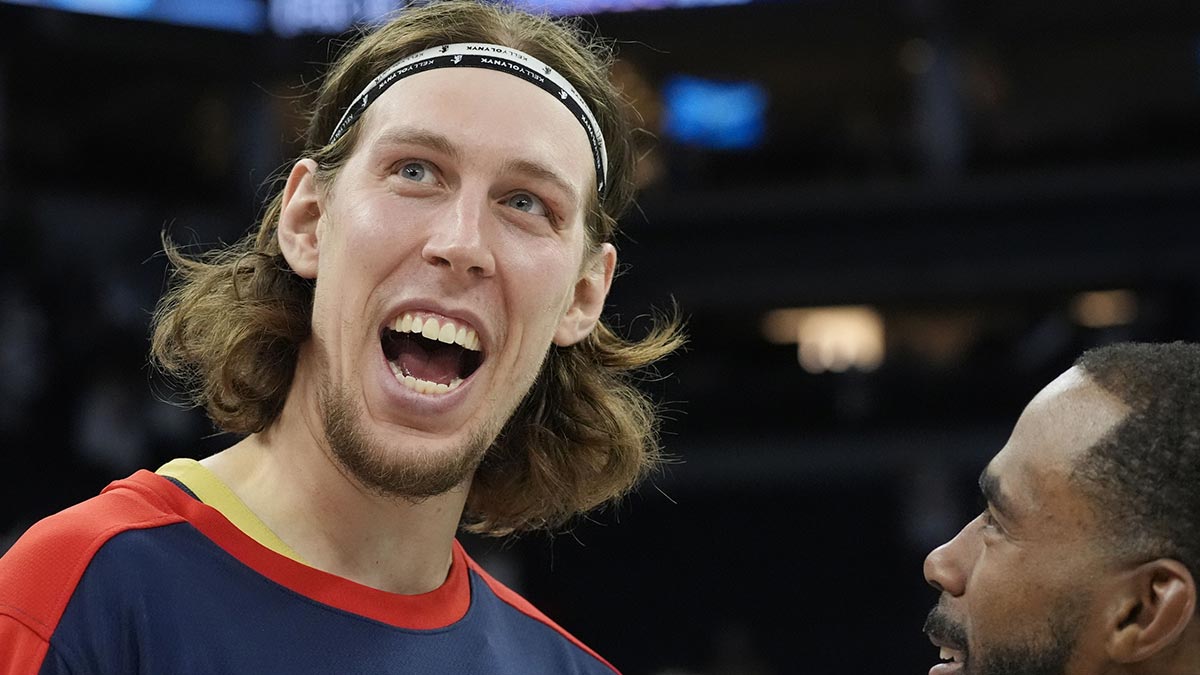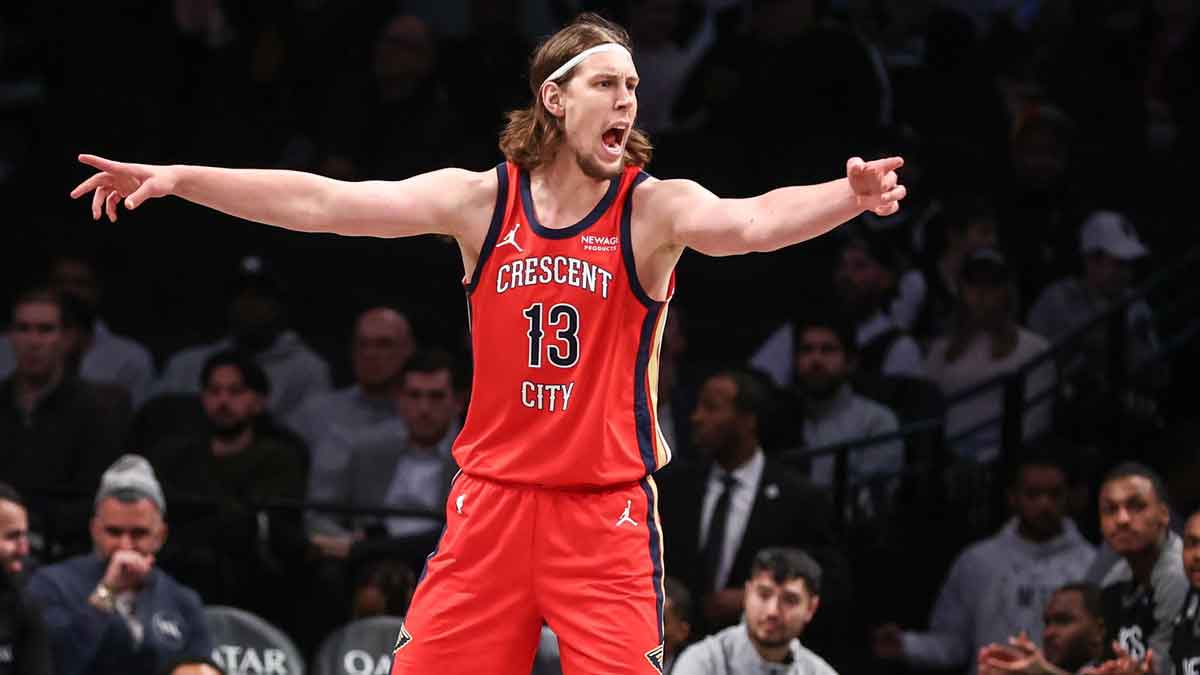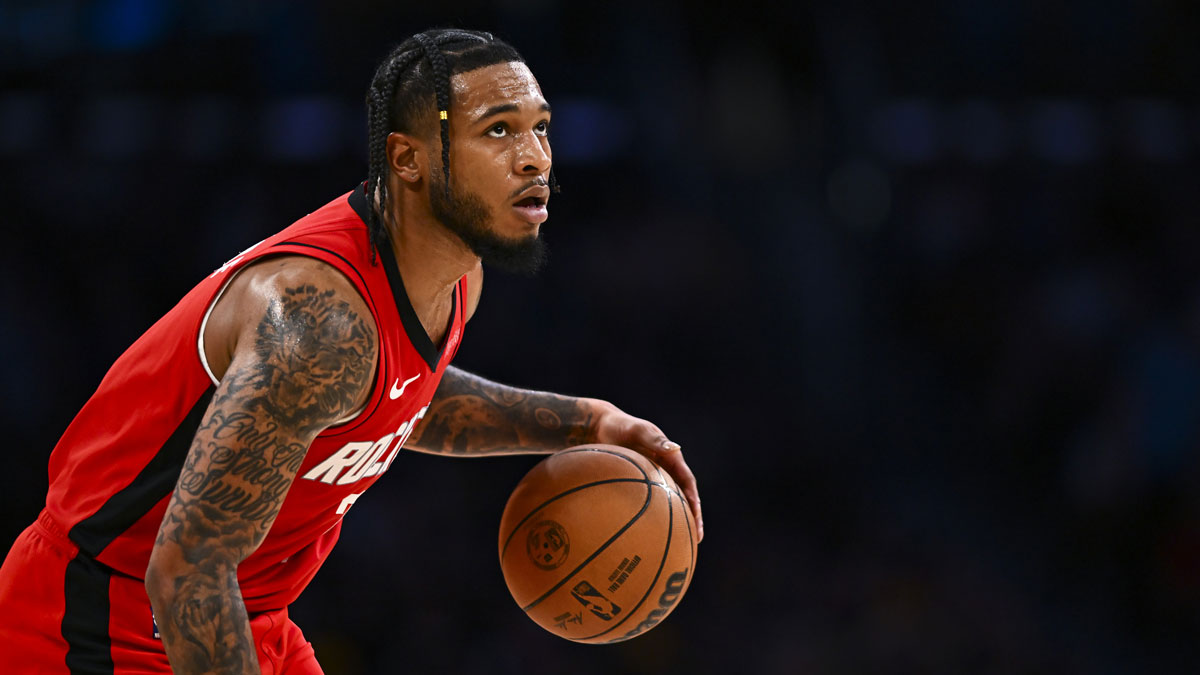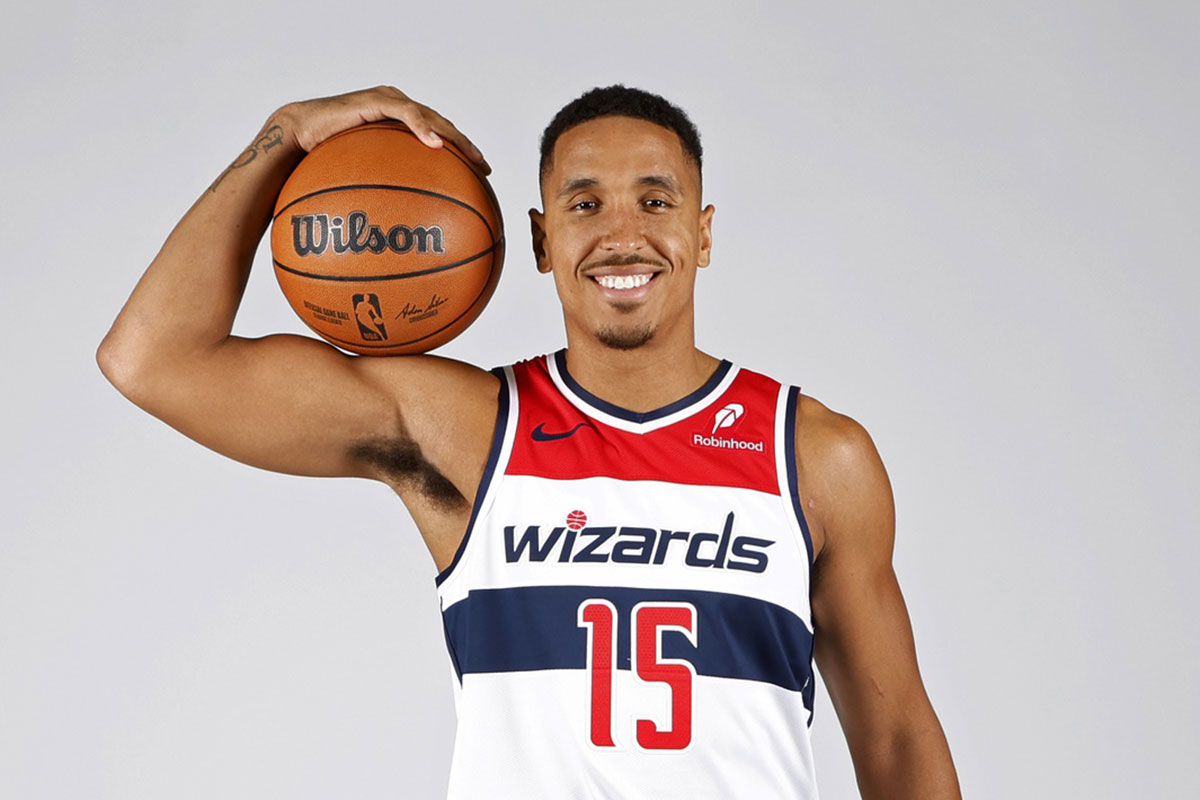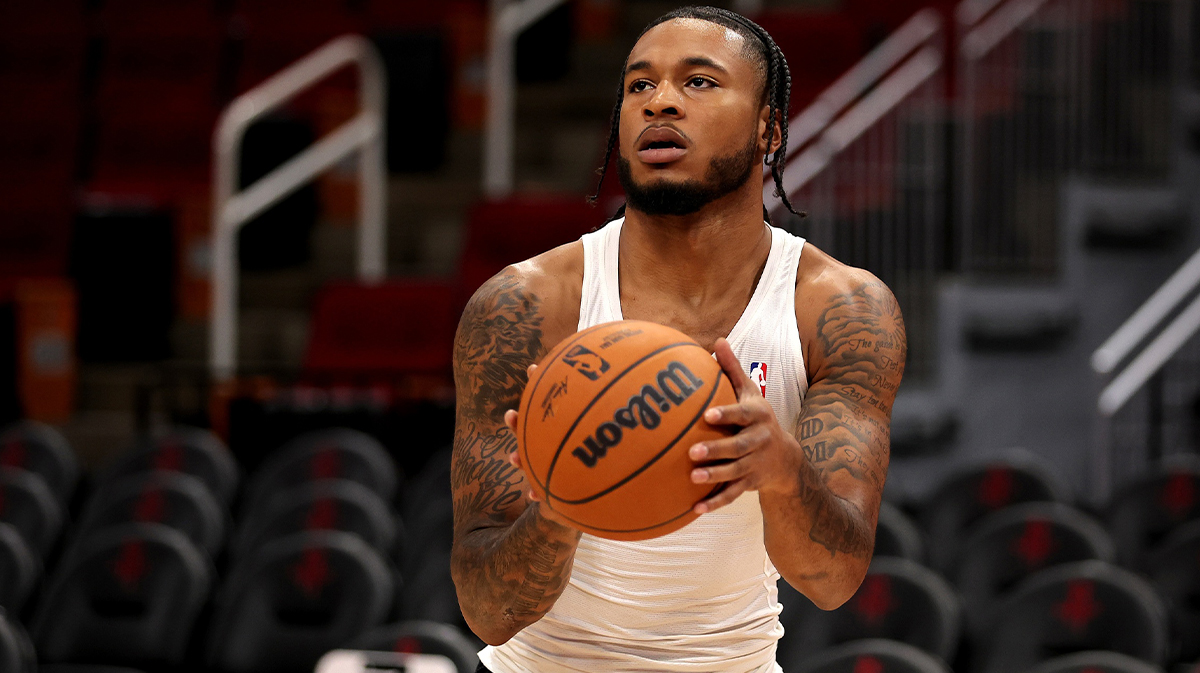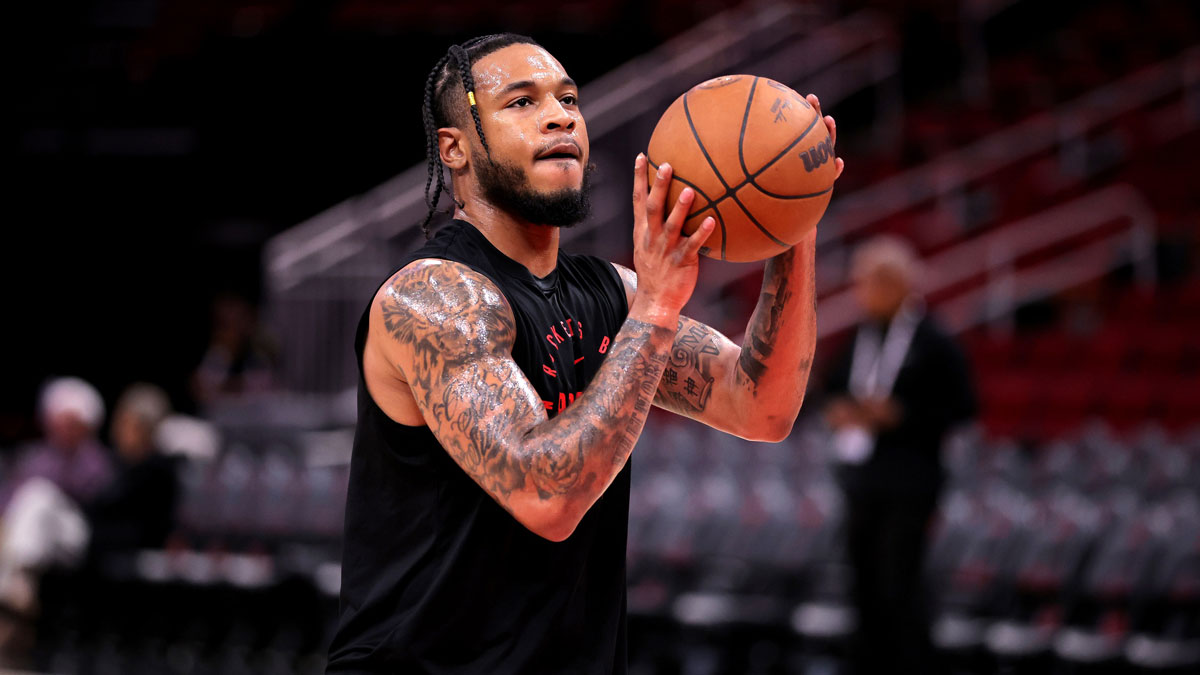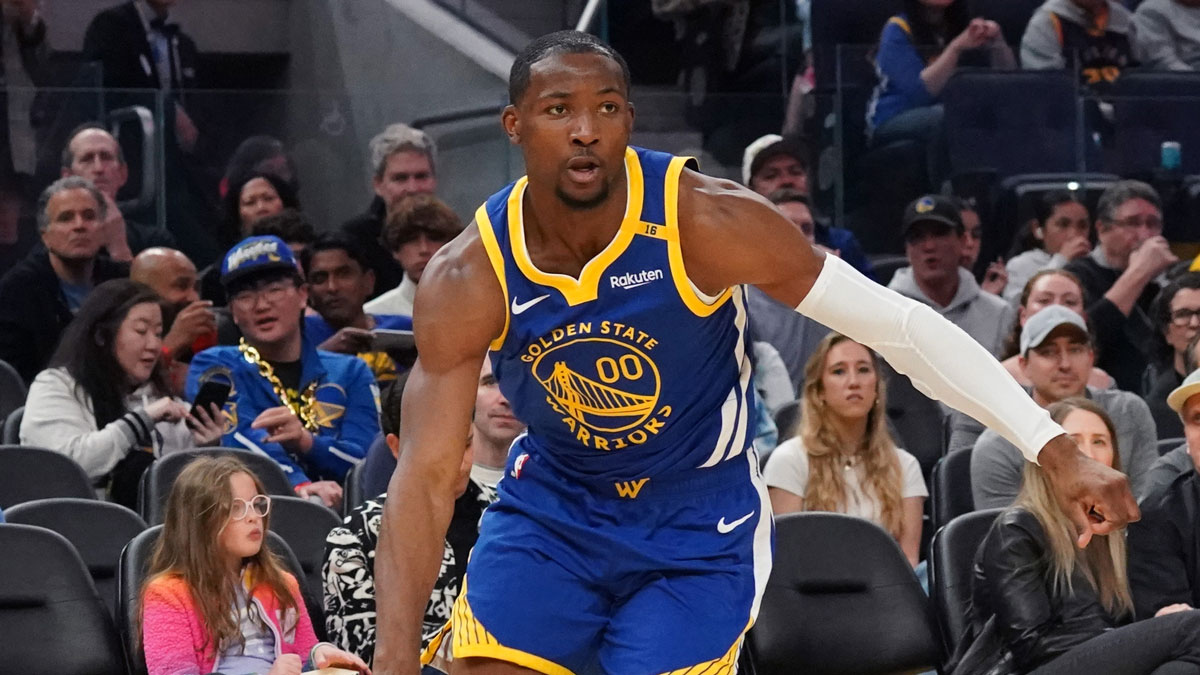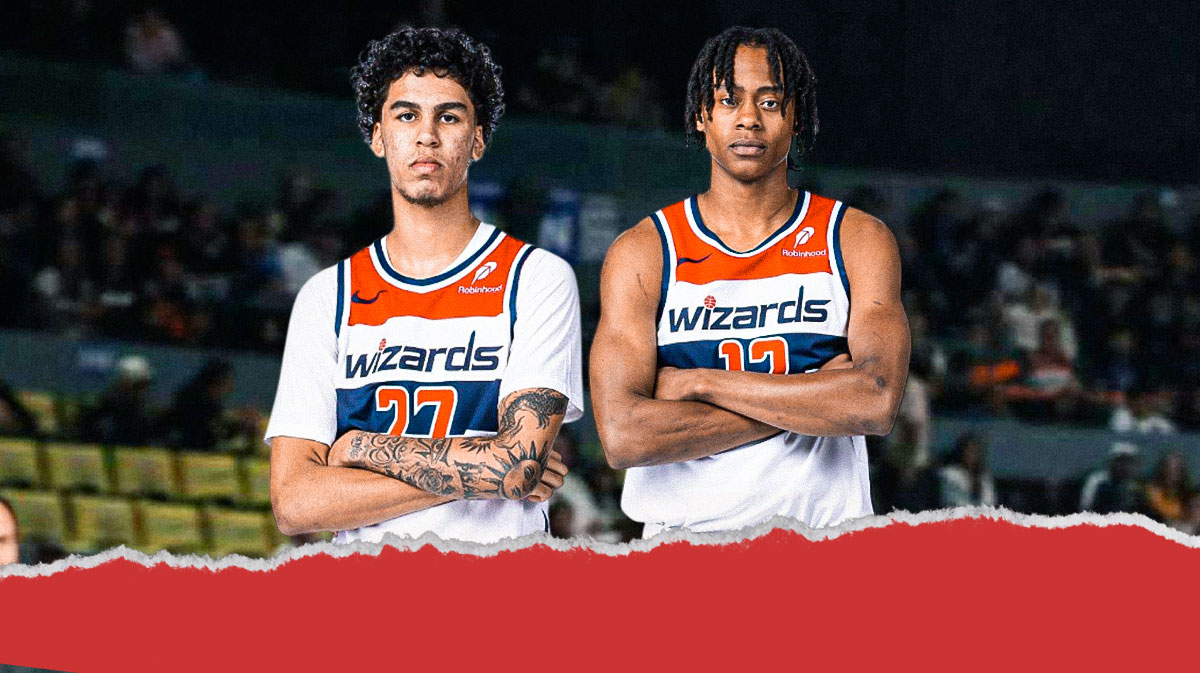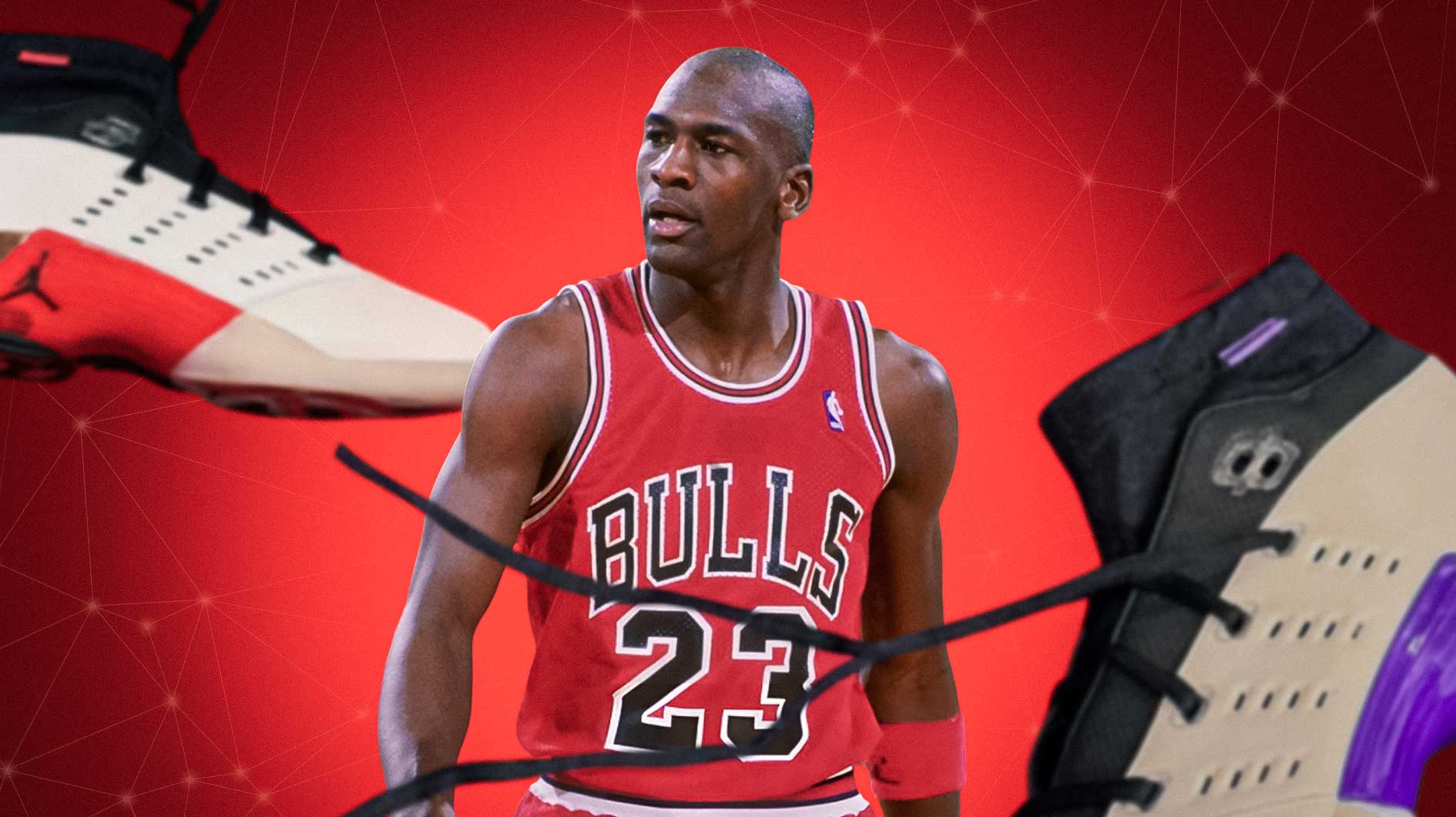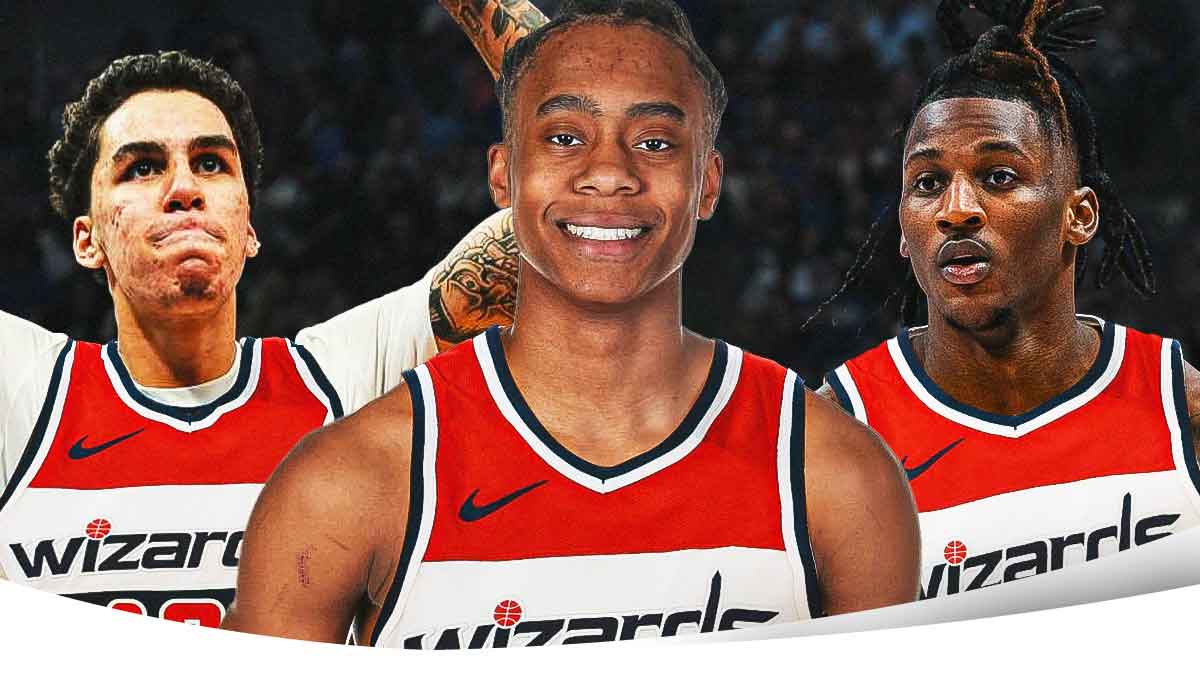Michael Jordan is regarded by many as the greatest basketball player of all time, but it's easy to forget just why he joined the Washington Wizards after leading the Chicago Bulls to six NBA championships in the 1990s and becoming the most marketable player in the history of the NBA.
There are a few reasons why Jordan decided to return to the league again, so here's why he wound up in the nation's capital.
The never-ending feud
Michael Jordan never got along with Bulls management. He bickered with the team about his minutes and timetable when he suffered a broken foot in his sophomore season.
Later on, Jordan would take issue with how the franchise handled contract negotiations both for himself as well as for co-star Scottie Pippen, who even demanded a trade in 1997.
The brunt of the issues came from Jordan — as well as Pippen and head coach Phil Jackson — clashing with former Bulls general manager Jerry Krause, mostly over one incredibly infamous comment.
Krause allegedly made a comment during a Bulls Media day in 1997 suggesting that “organizations win championships,” though he insisted for years that he was misquoted.
That comment spelled the beginning of the end for the Bulls dynasty. Jackson, Jordan, Pippen and Dennis Rodman were all in the final years of their contracts heading into the 1997-98 season, and Jackson remained convinced that Krause wanted to replace him with a new head coach.
In recent years, players like Pippen and others have spoken about how Jackson helped to stir resentment against the front office as fuel to the fire, something which Jordan clearly fed off of throughout his esteemed career.
Just watch his Hall of Fame speech:
Although the Bulls won their sixth championship in 1998, the writing was on the wall. Jordan had said he would return to the Bulls the next year if Jackson were still the head coach, but Jackson refused to man the bench as long as Krause was still in charge.
In the span of just a few short months, Jackson departed for “retirement.” Jordan followed him, and the Bulls traded Pippen and waived Rodman. The dynasty was officially over in Chicago.
Ownership in D.C.?
It would not be long before Michael Jordan saw an opportunity to return to basketball.
The 1998-99 NBA lockout had taken its toll on a share of franchises throughout the league, including the Washington Wizards. The Wizards made the playoffs for the first time in nearly a decade in 1997, but they missed in each of the following years and were on the verge of collapse at the turn of the century.
Majority owner Abe Pollin courted Jordan to be the team's new president of basketball operations, and a deal was finalized in January 2000.
However, part of the deal — which gave Jordan five years as team president — also would have allowed Jordan's ownership stake to grow to 20 percent, which would have given him the largest stake among any black owners, including Magic Johnson.
Jordan jumped at the chance for ownership, but it would not be long before he found a familiar itch.
“I'm Back” Part Two
Michael Jordan simply could not resist the urge to lace the sneakers up once again. He felt that he could do a better job of helping the Wizards on the floor rather than in the luxury boxes.
At 38, he signed a two-year deal with Washington. There were flashes of brilliance, like multiple “40 at 40” games and an epic chase-down block of former Bulls guard Ron Mercer.
Jordan averaged 21.2 points, 5.9 rebounds and 4.4 assists while shooting 43.1 percent overall with Washington. While these numbers don't exactly stack up to the 31.5 points (on 50.5 percent shooting), 6.3 rebounds and 5.4 assists per game during his time with the Bulls, they're still impressive given his age at the time.
But, ultimately, Jordan could not save the Wizards on the court.
Washington failed to make the playoffs in either of the two seasons that Jordan spent with the team as a player (the Wizards went 37-45 in both seasons MJ played for them), and he was unceremoniously fired by Pollin in May 2003. Jordan's work as an executive in the nation's capital was infamously shoddy, with the Kwame Brown selection at the top of the 2001 NBA Draft one of the major misfires.
In all, Jordan had quite a wild ride of events, but he has finally found a bit of stability as the principal owner of the Charlotte Hornets. While the NBA legend still hasn't enjoyed much success in Charlotte, he's working to change that.

